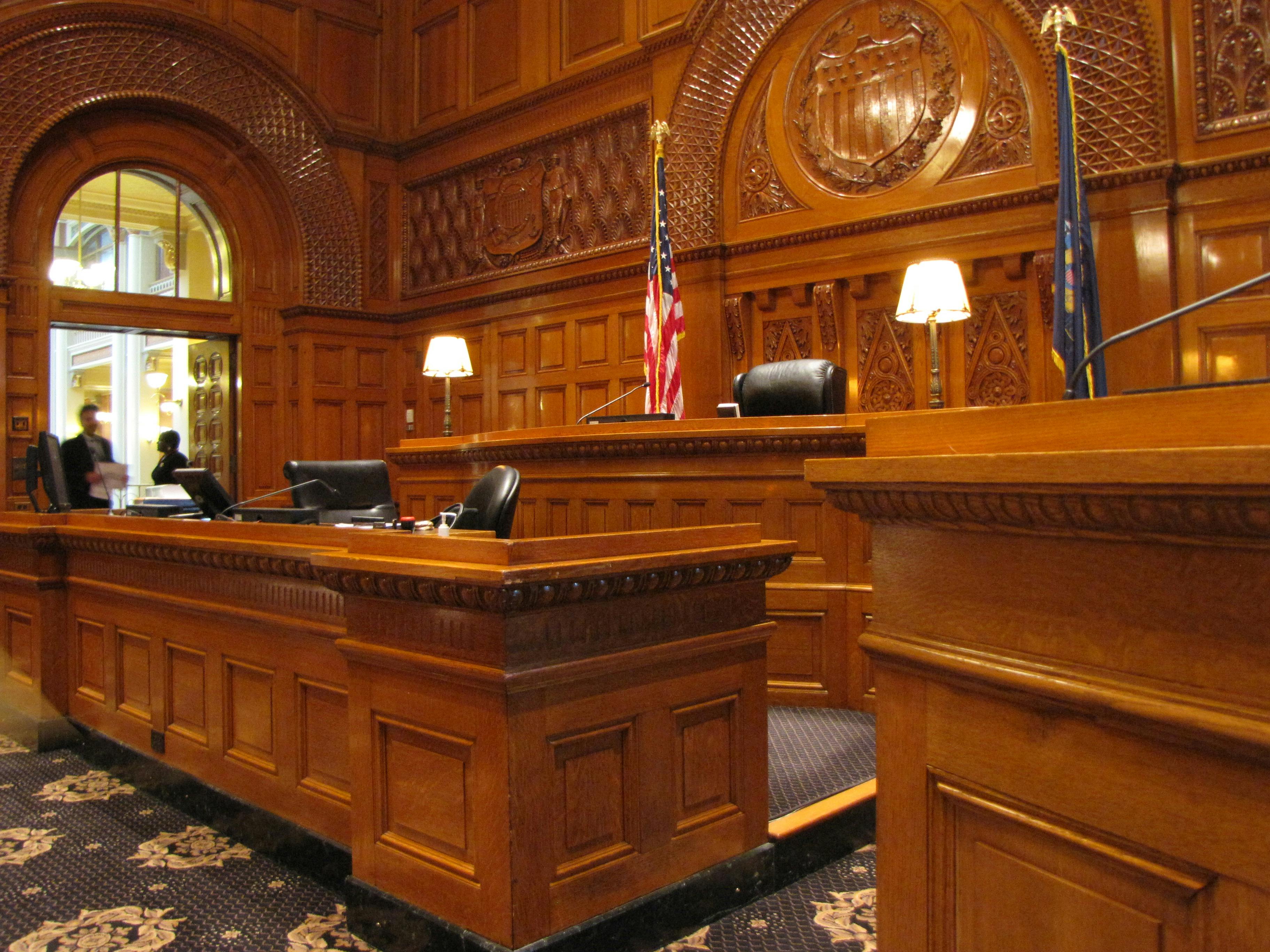Throughout this essay, I will discuss any claims Maria may have and any remedies she would be entitled to if she were to win. I will also discuss any defenses the Hotel may have against Maria’s claims.
Maria would have legitimate claims under the NLRA (specifically, Section 8(a)(3)) and Title VII of the Civil Rights Act of 1964. Possible remedies would be Maria’s reinstatement in her former position with back pay plus interest. . Furthermore, since the Supreme Court ruled in Sure-Tan Inc. v. National Labor Relations Board, 467 US 883, 893 (1984), that undocumented workers are entitled to the protections and remedies under the National Labor Relations Act (NLRA).
Unfortunately, the enactment of the Immigration Reform and Control Act of 1986 (IRCA) created a new employment eligibility verification system, commonly known as the “I 9 process,” to determine the employment of unauthorized workers. IRCA makes it illegal for employers to knowingly violate employment eligibility verification requirements and makes it a crime for an undocumented worker to use false documents to obtain a job.
Additionally, the Supreme Court decided in Hoffman Plastic Compounds, Inc. v. NLRB, 535 US 137 (2002) that an undocumented worker who was illegally fired for engaging in union organizing activities and who obtained employment by presenting false documents was prohibited, under federal immigration law, from receiving a back pay award under the National Labor Relations. Law (NLRA).
Therefore, the Hotel could ask the court to dismiss the claim and argued that Hoffman prevented illegal aliens from filing claims under the FLSA; NLRA, Title VII or whatever.
Fortunately, all is not lost because the NLRB, states (for example, New York and California), and lower courts are finding ways to hold employers accountable. For example, the defendant in Balbuena, et al. v. IDR Realty LLC, et al., 2006 asked the court to dismiss the claim, arguing that Hoffman prevented illegal aliens from filing claims under the FLSA. According to the National Immigration Law Center, the defendants, citing Hoffman, went on to file a motion, arguing that the federal law preempted Balbuena’s state tort claims and that awarding Balbuena lost wages would undermine national immigration policies. The court rejected this argument and interpreted Hoffman to apply only to the “very specific” remedy of back pay for “unperformed” work. However, Balbuena suffered a reversal on appeal.
Harvard Law School-trained attorney Dennise A. Calderon-Barrera put it best:
Undocumented does not necessarily mean unprotected under US labor laws. However, it does mean that under certain US labor and employment laws, undocumented aliens will be left without comprehensive and effective protection, to the detriment of all workers within US borders and to the detriment of US immigration laws and policies
In conclusion, I discussed the claims Maria had and the remedy she would be entitled to if she won. I also discussed the defenses the Hotel has against Maria’s claims.



